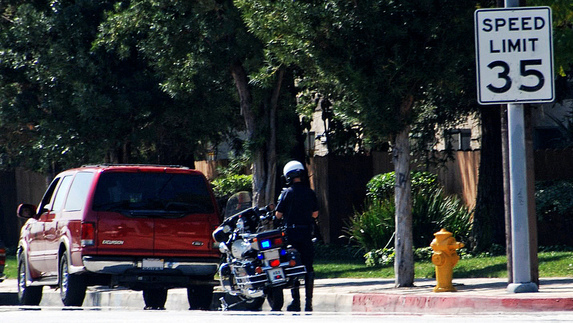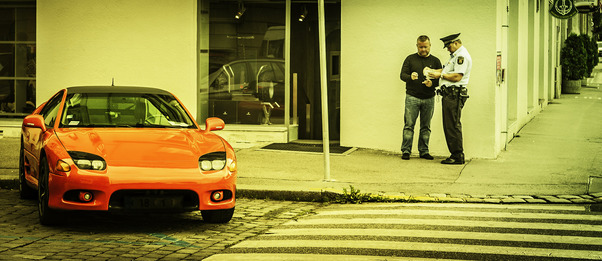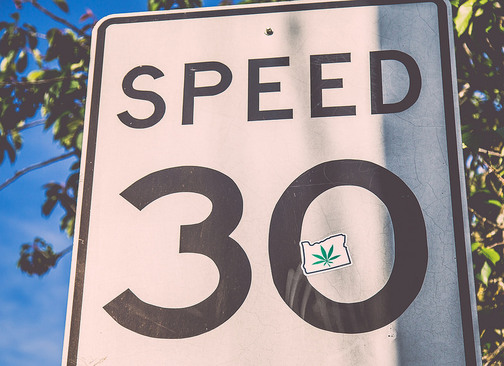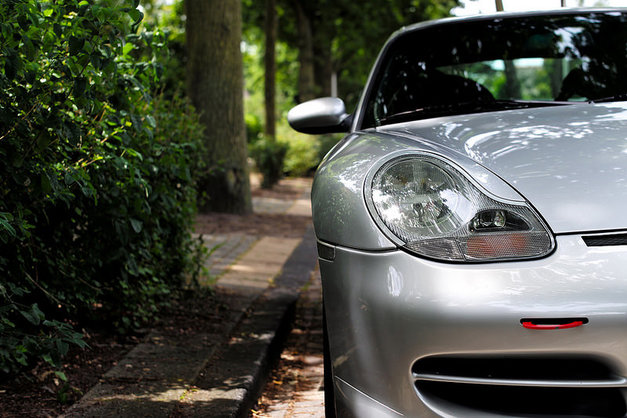B.C. Attorney General Suzanne Anton is reviewing British Columbia’s fines and penalties for drivers caught using electronic devices as the number of police issued tickets continues to climb along with Insurance Corporation of B.C. fatalities and carnage costs.
“We took a first step and increased the penalties last fall and now we’re looking at possible changes to the legislation, including more severe penalties. We want to ensure these are set at a level that is fair and effectively changes behaviour,” she says. Ministry figures estimate that at any given time in B.C., 9,500 drivers are using a hand-held device with 40 per cent texting or e-mailing.
ICBC figures record 88 fatalities on average per year from distracted driving (most are attributed to use of electronic device use) with the figure surpassing drunk drivers (86) and only second to speeding in roadway fatalities (105).
Anton called for a month of public consultation with feedback on electronic device use while driving and penalties either directed through the justice ministry’s website, by e-mail, or snail mail from June 16 to July 16.
Police report that in 2014, 55,100 tickets were issued to drivers for mainly electronic device use, up from 2013 when 53,000 were issued. B.C. introduced legislation prohibited the use of electrical devices while driving in 2010. In the fall of 2014, it increased the penalty and fines to $167 (the second lowest in Canada) and three demerit points. (Ontario recently passed legislation enabling the maximum fines to rise from $500 to $1,000).
As B.C. wrestles with the issue of how to get drivers adhere to s. 214.2 of the B.C. Motor Vehicle Act, ICBC has struggled with rising insurance claim costs with distracted driving adding $500 million to claims since B.C. first introduced the cell phone law in 2010.
“We don’t seem to want to give up our phones,” says Kyla Lee of Vancouver’s Acumen Law Corp., who represents an average of two individuals with such violations a week in traffic court.
She’s not surprised as distracted drivers have a higher fatality rate than drunk drivers.
“We are on our cell phone 24-7, while most impaired driving offences take place between midnight and 3 a.m.,” says Lee.
Most people, she says, pay the fine and accept the demerit points, but when it turns into a situation that impinges their driving ability, they walk through her door. The penalty for receiving more than one distracted driving ticket in a year is at least $634, the equivalent of two fines and a $300 penalty premium for accumulating six points.
Despite the potential to stack up points, B.C. drivers seem glued to their devices. “People are not getting the message,” Lee says, adding that she has had and heard of cases where individuals have gotten four and five tickets and “still won’t stop using their phone”
Vancouver criminal lawyer Cathryn Waker, with Mickelson and Whysall Law Corp., agrees. She is familiar with cases where the tickets have climbed to 10 or more.
Waker says she’s also seen many new drivers, who aren’t allowed to use a device even if it’s hands-free or voice activated, who are running afoul of the law. Those still under the 24-month probationary period of the graduated licences can also face licence suspensions in addition to regular fines and demerits.
Lee says the courts are tough on offenders. “The justices of the peace are giving that person a stern lecture as well as the fine,” she says.
She adds there isn’t much wiggle room in the way the law is written, even though clients argue that police can’t prove it was a cell phone being used. She says the excuses such as the driver claiming he or she had a bar of soap or a wallet in their hand is not flying in the courts. “Who holds their wallet to their face?” she says. “The courts seem to be quite tired of those excuses.”
As B.C. moves to be bring forward more punitive measures for drivers fixated on their devices, fighting such tickets are also expected to become more difficult. B.C. is in the process of taking traffic violations out of the courts with a two-step process with the first phase a move to e-ticketing, now being implemented.
With e-ticketing, once the police officer uploads it in his vehicle and gives the driver a ticket, the offences is immediately in the judicial system. Tickets are payable online.
For those who want to contest a ticket, it’s an appearance before Driving Notice Review Board. But before the hearing, the person must supply their own evidence. The police officer, or another officer, does not have to supply evidence beyond the ticket, says Lee.
The decision of the board is final with no recourse to an appeal or taking the issue into court, says Lee, who has been an outspoken critic of the new system. She claims it as strips motorists of their basic constitutional rights when charged with an offence.
No dates have been set for start-up of the new system.
Read the full article here: B.C. heading for stiffer distracted driving penalties by Jean Sorensen, Canadian Lawyer Magazine






